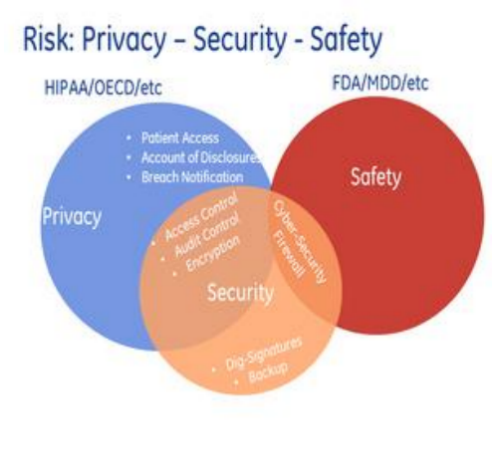Many young workers who earn more money tend to overlook insurance, viewing it as an issue for later. They often believe that being young and healthy means they don’t need it. However, for successful individuals who are establishing their financial base, waiting to purchase insurance until after they turn 30 is not merely a lost chance; it can lead to higher expenses and fewer choices for many years ahead. The fallout goes beyond simply paying more for premiums; it impacts the growth of wealth, how risks are managed, and the ability to adapt financially in the long run.

The Premium Penalty: Time Isn’t on Your Side
The pricing of insurance relies heavily on assessing risk, and being young is your strongest advantage. A healthy 25-year-old can obtain life or disability insurance at rates that are up to 40% cheaper than those applied for by individuals at age 35. This savings can be especially impactful for high-income earners looking for large policies—those worth over $1 million to secure their income. Over time, this initial difference can grow significantly. What might seem like just a few hundred dollars each year can turn into tens of thousands of extra expenses across a 30-year policy period. Additionally, any minor health concerns that may arise in your 30s—such as stress-related illnesses or early indications of genetic disorders—often lead to increases in premiums or even exclusions, resulting in considerably higher costs for comprehensive coverage.

Coverage Gaps in Your Prime Earning Years
In your 30s and 40s, you usually experience fast career growth, build up assets, and take on family duties—right when having insurance is crucial. If you don’t have coverage before turning 30, you might go through these important years without protection. An unexpected illness could hinder your chances for promotions if you lack disability insurance, and a major health issue might force you to use savings set aside for buying a home or for investments. Those with high incomes often face bigger financial responsibilities—like mortgages, business loans, or supporting family—which require insurance, yet getting enough coverage becomes more difficult as you gain dependents and a health history.
Lost Wealth-Building Synergy
Insurance serves as a valuable resource for building wealth, particularly when people start using it early on. When you purchase permanent life insurance in your 20s, it gains cash value over many years, providing tax benefits that can aid in business, education, or retirement needs. For those aiming to accumulate significant wealth, these insurance policies can complement investments, providing cash during market declines or money for important purchases. Waiting too long can mean losing precious years of compounding growth, making it tough to make up for that delay later on.
The Risk of Uninsurability
While it is uncommon, serious health problems can affect young adults and impact their future insurance options. If someone in their late twenties receives a diagnosis such as cancer, autoimmune diseases, or heart issues, they might find their applications denied or face policies with significant limitations. For those with high incomes planning for the future, this situation poses not only a personal risk but also a threat to their family’s financial security. Without securing guaranteed insurability riders while young, you could miss out on protecting your future earnings or providing for your loved ones when they need help the most.Being young gives you a short period to get insurance that fits your needs. For professionals with high salaries, waiting until after 30 can mean losing out on lower costs, more flexible coverage, and the chance to grow your wealth. The best approach? Safeguard your most valuable asset—your ability to earn and accumulate wealth—before life throws unexpected challenges your way. Procrastinating is not only risky; it could lead to regrets when you truly need insurance.





